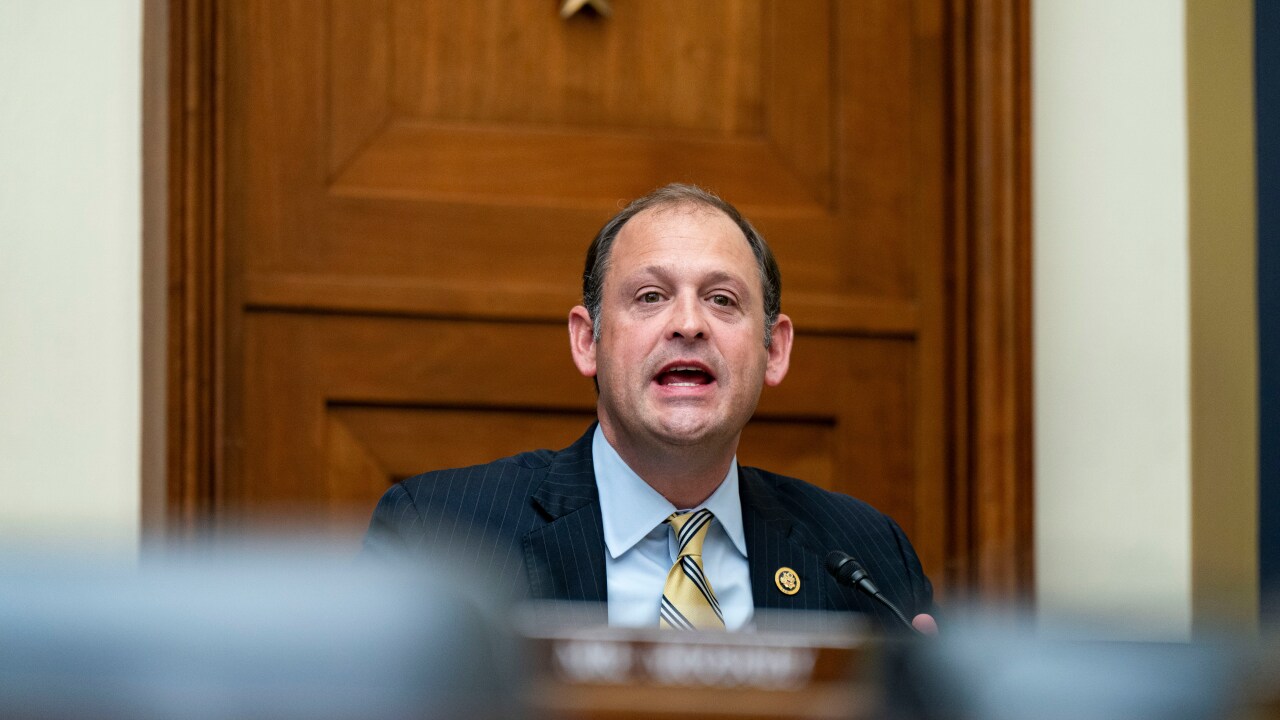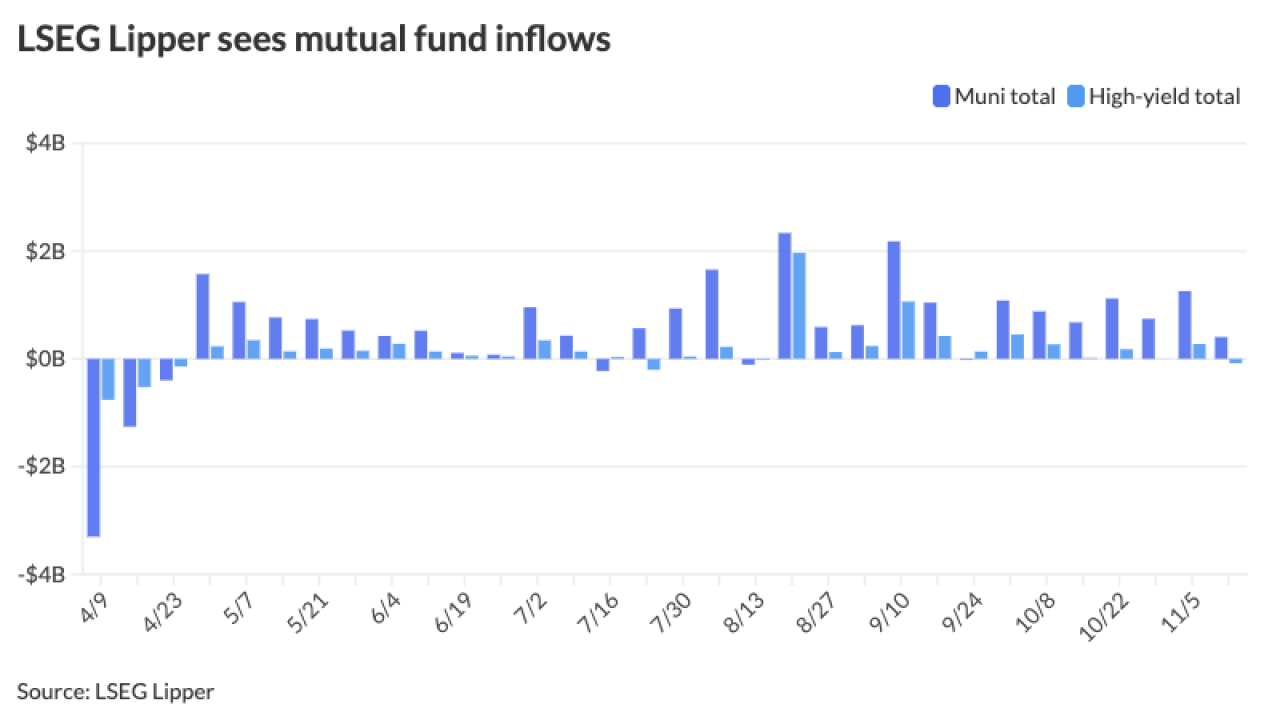A sharp drop in New York State income tax collections will force revisions to Gov. Andrew Cuomo’s $175.2 billion budget proposal.
Cuomo said Monday that New York’s personal income tax receipts in December and January were $2.3 billion below forecasts, a shortfall driven largely by federal tax changes capping deductions for state and local taxes at $10,000.

The Democratic governor and State Comptroller Tom DiNapoli said during a joint press conference that the large revenue shortfall is creating severe fiscal challenges for the state less than two months before the 2020 fiscal year commences on April 1.
“Two point three billion as a drop at this point in revenues is as serious as a heart attack,” said Cuomo. “We've set up reserves, but this is worse than we had anticipated.”
Cuomo said the SALT deduction cap that took effect in early 2018 led many of the state’s wealthiest residents to relocate. He noted that the highest earners pay 46% of the state’s income tax and that even a small number relocating creates serious revenue challenges.
DiNapoli said his office is studying the revenue decline to determine how it will impact the state’s budget for 2020 and emphasized the need for increased rainy day funds. Cuomo said in his
“This is the most serious revenue shock that the state has faced in many years,” said DiNapoli. "I think it could get worse before it gets better based on the numbers as we see them."
New York State has general obligation bond ratings of Aaa1 by Moody’s Investors Service and AA-plus by S&P Global Ratings, Fitch Ratings and Kroll Bond Rating Agency.
Andrew Rein, president of the independent Citizens Budget Commission, cautioned in a Jan. 17 report that Cuomo’s plan to extend the millionaire’s tax is “overly reliant” on a small number of high-income earners.
“High earners, which tend to recognize a larger share of earnings from capital gains, have more volatile incomes and have been most negatively affected by the federal cap on state and local tax (SALT) deductions,” Rein wrote. “Extending the higher rates would make New York less competitive and make its personal income tax revenues more susceptible to economic downturns.”
Rein also noted that while Cuomo’s budget would increase rainy day funds by nearly $500 million over the next two years to $2.3 billion, more is needed to prepare for possible economic headwinds. The state last raised its rainy day fund in 2015.
“The $2.3 billion balance is 3 percent of general revenues and falls far short of reserves needed to withstand an economic recession,” said Rein. “The past three recessions have multiyear revenue losses totaling more than $20 billion each time.”





